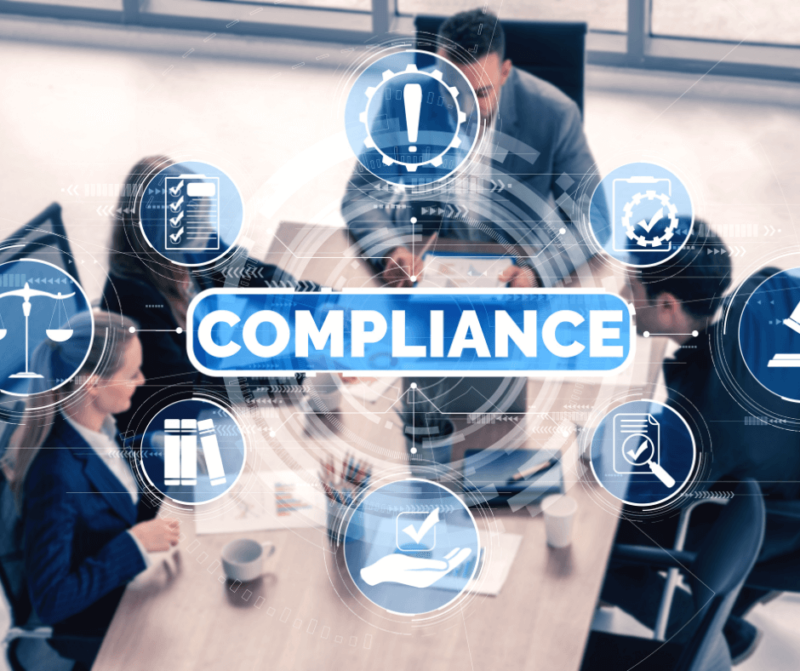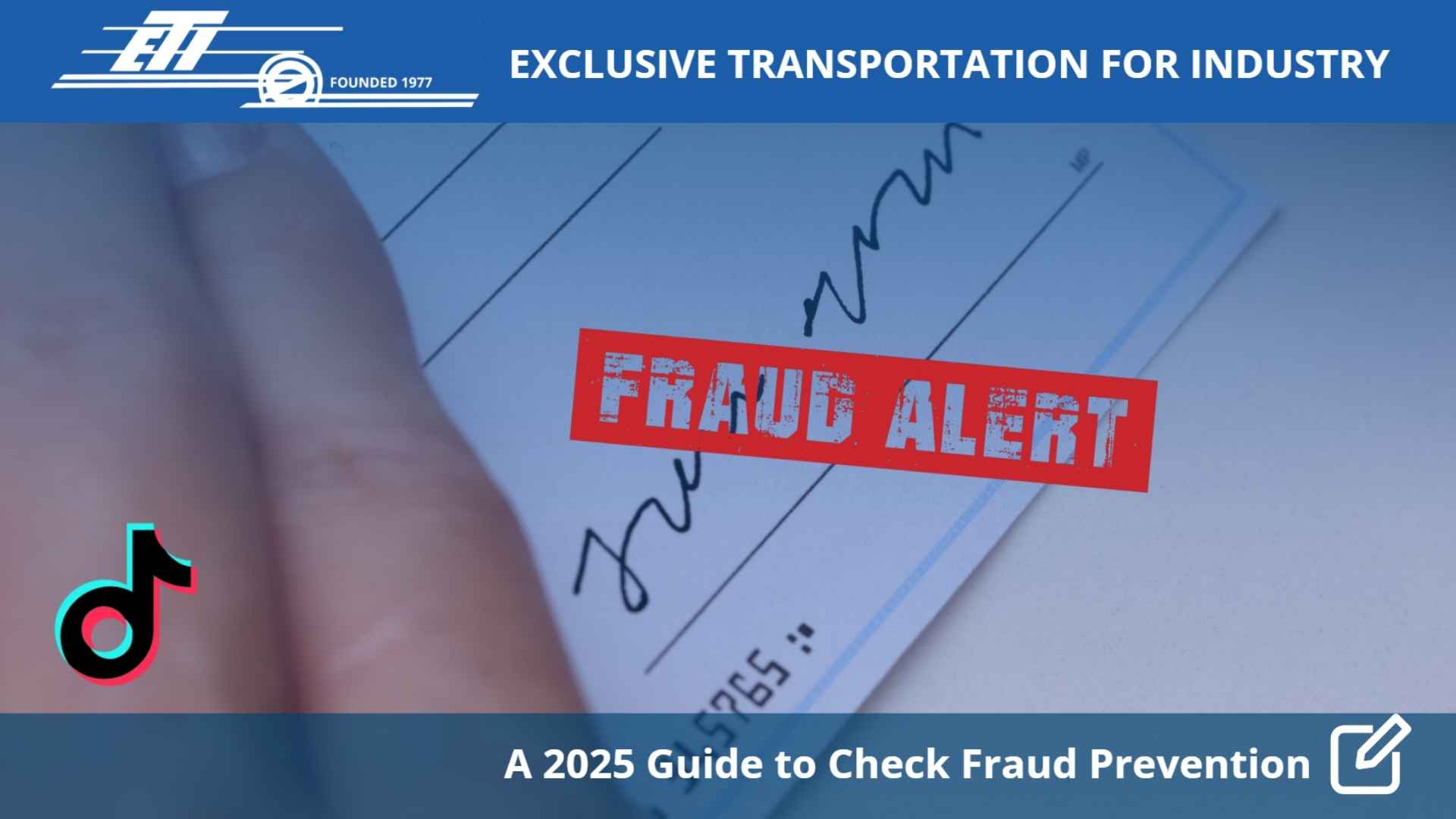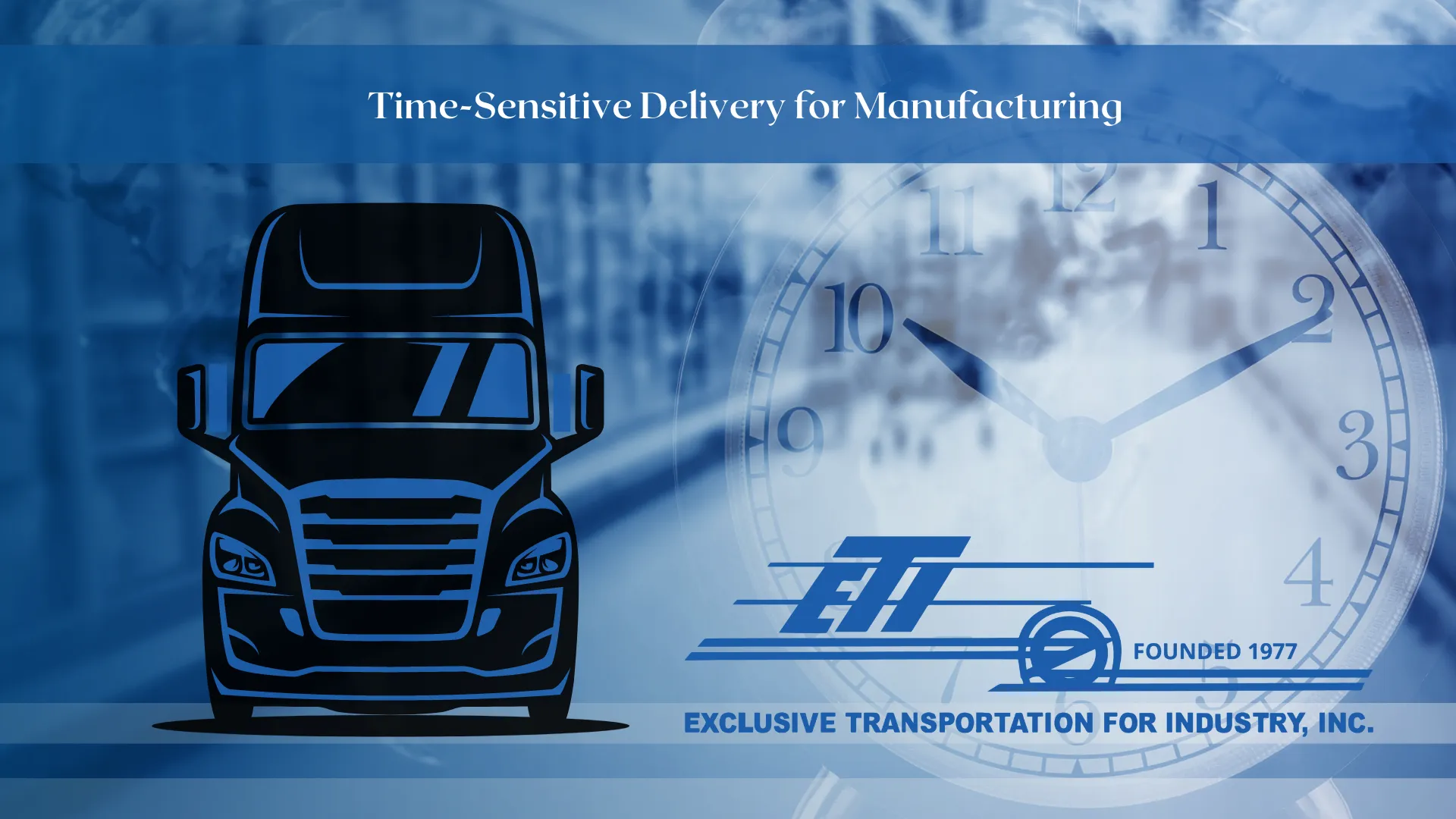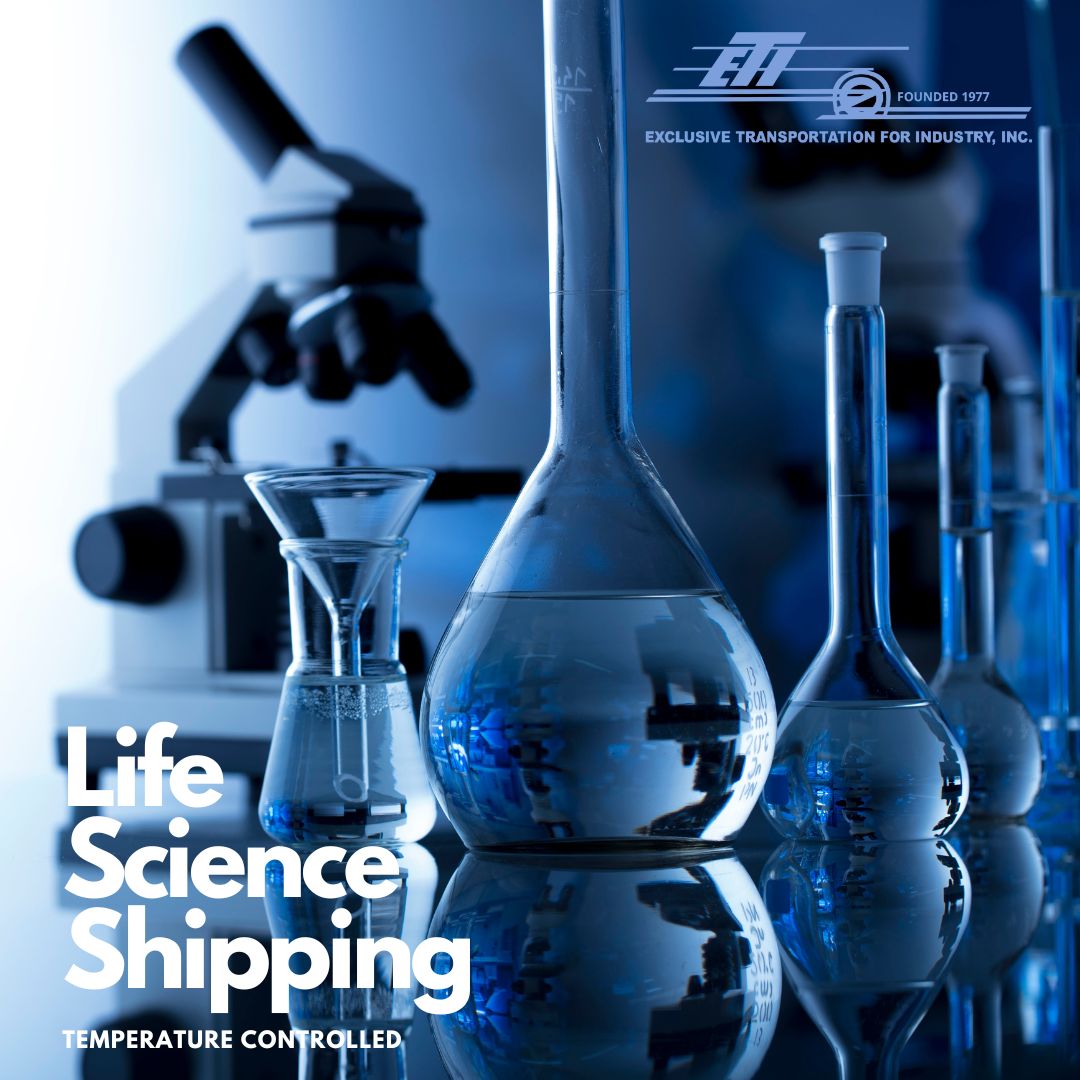In the ever-evolving landscape of pharmaceutical transportation, companies are faced with the challenge of adhering to a multitude of manufacturer-specific requirements. For trucking companies like ETI, it’s not just about transporting goods from point A to point B—it’s about ensuring that each shipment adheres to the unique guidelines set by individual pharmaceutical companies. However, the underlying question remains: In the absence of a centralized guideline or dedicated U.S. regulatory body, how can we ensure consistent quality and safety in pharmaceutical transportation?
The Challenge of Diverse Manufacturer Requirements
Every pharmaceutical manufacturer has its own set of guidelines, often based on their internal quality control standards, overseas regulations they might be subject to, and past experiences. For instance:
- Manufacturer A might require temperature logs every 30 minutes for a cold-chain product, ensuring that the product remains at a consistent -20°C during transportation.
- Manufacturer B could have strict guidelines about the use of particular types of vehicles or specific sterilization procedures before loading.
- Manufacturer C may emphasize real-time GPS tracking and immediate reporting of any route changes or delays.
For ETI, navigating these varying requirements isn’t just about compliance—it’s about ensuring the integrity of the medicines that countless patients rely on. We’ve invested in advanced temperature logging systems, a diverse fleet of vehicles to cater to specific needs, and rigorous training programs for our personnel to interpret and adhere to each manufacturer’s guidelines.
Despite the vast array of requirements, ETI prides itself on its impeccable record of compliance. Our teams work diligently to understand, internalize, and implement the specific needs of each manufacturer. Regular audits, both internal and those conducted by our partners, have consistently shown that ETI meets, and often exceeds, the expected standards. This dedication to excellence ensures that we maintain the trust of the manufacturers we serve and, by extension, the patients who depend on timely and safe delivery of their medications.

The Need for Standardization in Pharmaceutical Transportation
Navigating the complex tapestry of individual customer requirements can be daunting. The absence of a centralized set of guidelines or a dedicated regulatory body in the U.S. adds layers of complexity and potential inefficiency to this critical domain. Establishing a standardized protocol for Pharmaceutical Transportation would not only streamline operations but also enhance consistency in quality and safety measures across the board. While the journey towards achieving this uniformity might have challenges, the long-term advantages are undeniable. The pharmaceutical industry, given its direct impact on public health, is a prime candidate for such cohesive oversight, and it’s high time the U.S. considers this initiative.
The world of pharmaceutical transportation is intricate, with a delicate balance of compliance, safety, and efficiency. While ETI has continually proven its commitment to meeting the diverse requirements of manufacturers, there’s a broader industry call-to-action here: the development of standardized practices that elevate the entire sector. Until then, partners like ETI will continue to champion best practices, ensuring that medicines reach their destinations with the utmost care and integrity.







